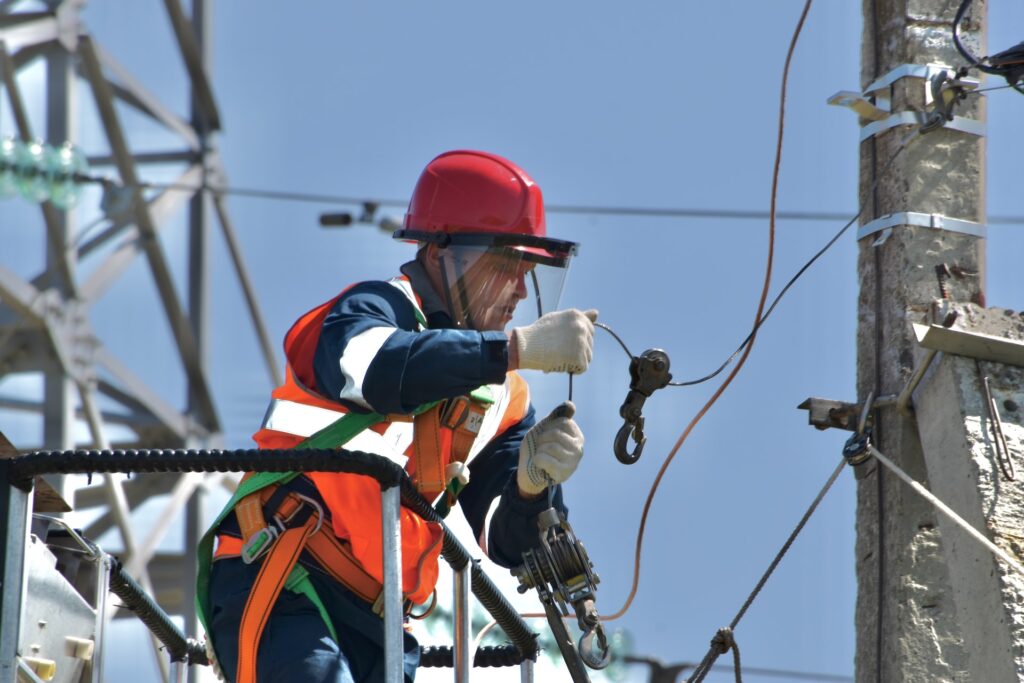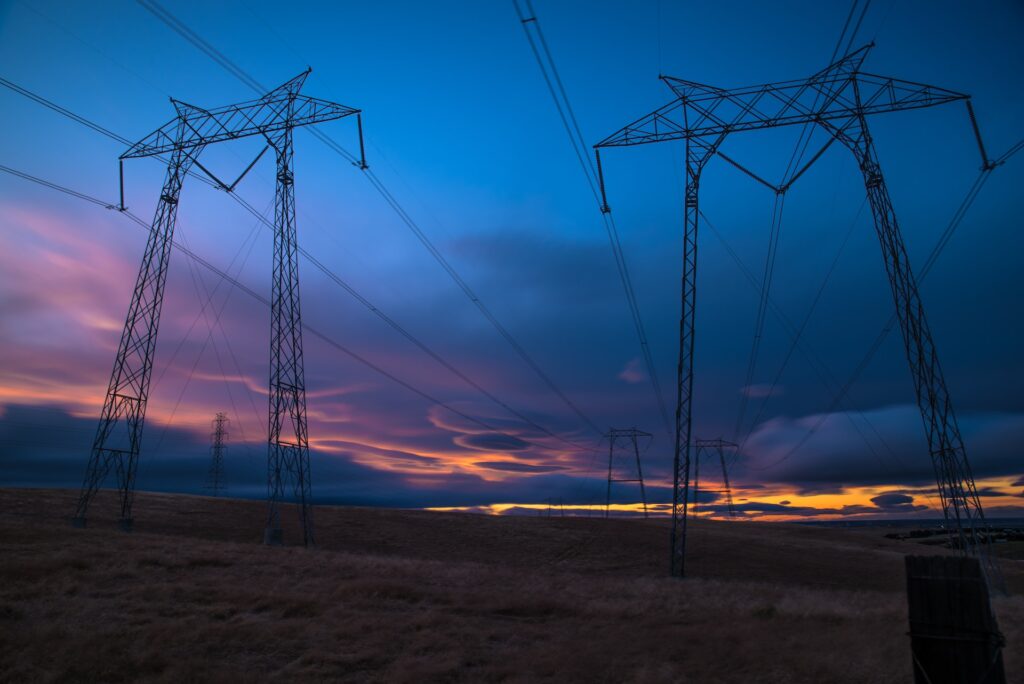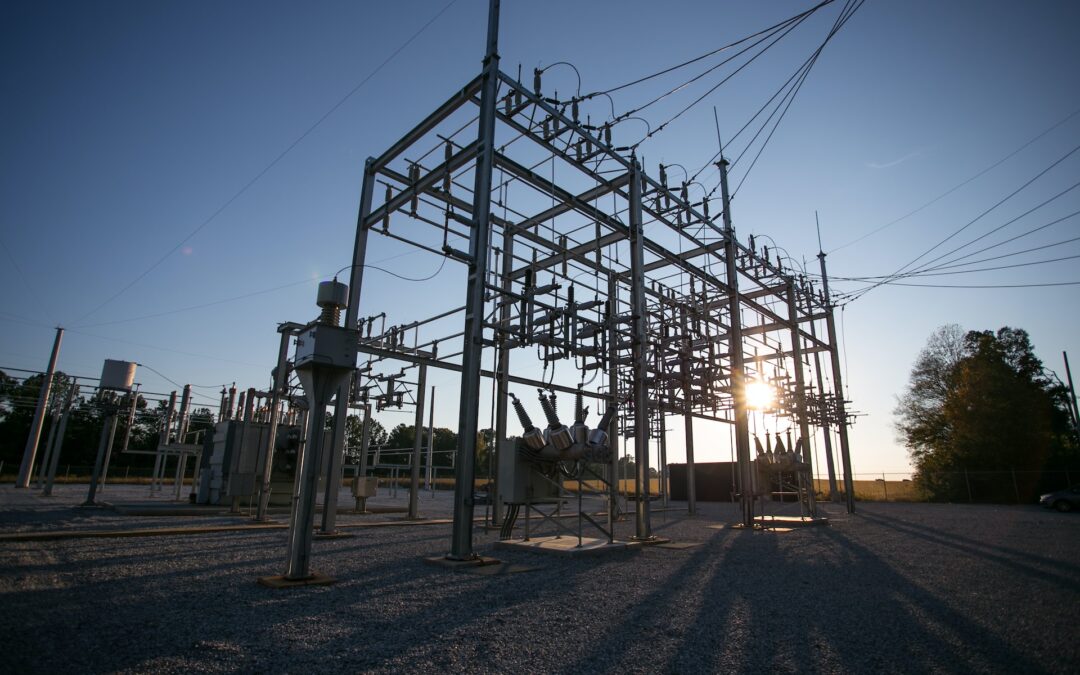The electrical supply for a Data Center requires robust and comprehensive energy systems that guarantee the continuity and continuous operation of the electrical supply.
Due to their particular characteristics and to ensure 24/7 continuity in the flow of electrical energy, it is essential that they have an energy backup system in case of any failure in the commercial electrical supply.
In this article, we’ll cover some of the things data centers need to consider before choosing their power backup system. If you are interested in knowing more about the subject, here is all the information! Stay tuned for our website news!
Table of content
- What is a power backup system?
- What is a data center?
- Components of a Data Center
- Importance of energy backup in a Data Center
- Considerations for choosing a power backup system in a Data Center
- 1.Evaluate the characteristics and use of the data center
- 2.Equipment certifications or emission standards
- 3.Compliance with Applicable Technical Standards (NTA)
- 4.Compliance with standards for the design, construction and operation of data center entities.
- 5.Dimensioning of the generation equipment
- 6.Generator location
- 7.Equipment distribution topologies or arrangements
- The importance of pole line hardware
What is a power backup system?

It is an arrangement of equipment, components and devices, arranged in such a way as to guarantee an uninterrupted supply of electrical energy.
The system is made up of a generating plant combined with a UPS (uninterruptible power supply) that has batteries for the limited supply of electrical energy, as a result of a power outage.
The UPS supplies power to the connected electrical equipment while the power plant starts up, which will assume the load previously determined as critical and essential, this is done through the use of switches, and once the power plant is operational, the power is disconnected. UPS. When the main electrical fluid is normalized, the backup process is deactivated, and everything returns to normal.
What is a data center?
It is a physical facility that houses a large number of servers, fans, and other electronic equipment used for the storage, processing, backup, and recovery of digital data that make up a network or computer system.
A data center is the heart of a company, hence the importance of its continuous operation.
To fulfill this mission, you need to ensure an uninterrupted supply of electrical power, which can be achieved through a comprehensive, robust and reliable power backup system .
Components of a Data Center
Data Centers are made up of complex equipment that requires special maintenance, as well as a large consumption of electrical energy. In addition, for them to work correctly, it is necessary to guarantee the cooling of their installations under certain temperatures.
A Data Center is made up of:
Servers : Equipment to store information on a large scale.
Communication cabinets: structures for the protection of electronic equipment.
Switches / Switches: they allow the sending of large sets of information by layers or batches and with high speeds.
Cooling systems: environmental cooling systems to maintain low temperatures due to the heat generated by electronic equipment.
Importance of energy backup in a Data Center

In the business and commercial world, data storage centers must operate 24 hours a day, consequently an electrical system with weaknesses can cause great economic losses and even the damage of very sensitive equipment. Therefore, it is important to have a safe, reliable power backup system that meets the critical needs of the equipment.
A failure in the electricity supply to a data center undoubtedly affects the productivity of companies, since:
Affects financial operations.
Paralyzes the production centers.
Puts the company’s equipment or machines at risk.
Now, if you are considering acquiring a backup system for a data center, here we explain what elements you should take into account.
Considerations for choosing a power backup system in a Data Center
To determine and select the backup system required for a Data Center, the assistance of specialists in the field is necessary, who will consider the technical requirements, compliance with applicable regulations, the evaluation of investment costs and maintenance plans.
However, if you are interested in having a general idea of what factors to take into account when choosing a power backup system for a data center, here are some considerations:
1.Evaluate the characteristics and use of the data center
To do this, you must take into account physical, operational and geographical aspects, such as:
- Location of the data center (external access) or corporate (centralized).
- Location of the generating equipment.
- Load or energy demand to satisfy.
- Adequate single line electrical arrangement.
- Sequence of operation.
2.Equipment certifications or emission standards
The mark or stamp of quality is the reliability credential of a team. Some well known are:
- Underwriters Laboratories UL;
- European Union (EU);
- Environmental Protection Agency (EPA);
- Others issued by the manufacturer itself.
3.Compliance with Applicable Technical Standards (NTA)
Compliance with standards ensures quality, safety and reduces equipment risks. In this case, some of the rules applicable to the selection of backup generators are:
- ISO8528;
- NFPA 110;
- NEC or NFPA 70;
- National and local regulations.
4.Compliance with standards for the design, construction and operation of data center entities.
Likewise, there are international standards that define a correct design, installation and operation of a data center and will also affect the selection and design of the emergency generation system.
Some of these international standards are published by the following entities:
- Uptime Institute
- ANSI (TIA-942)
- ICREA
5.Dimensioning of the generation equipment
To determine the required equipment, it is essential to know the operational working conditions. Some aspects that should be taken into account are:
- Number of circuits to connect : essential loads and optional loads.
- Types of loads : electrical loads and/or mechanical loads.
- Peripheral accessories to the generator: they can represent up to an additional 65%.
- Anticipated load factor : percentage of equipment use, the most common is 50%.
- Future growth : this represents an additional weight in the cost of the equipment
- Permitted limits : electrical load to withstand in 10 seconds.
- Size and capacity of transfer boards.
- Budget availability for investment.
6.Generator location
The site or place where the equipment will be installed is vital to ensure optimal operation. The environment is defined by:
- Interiors : machine room, size, ventilation and lighting.
- Exteriors : cabins, separation between equipment and access.
7.Equipment distribution topologies or arrangements
Knowing the entire electrical system, the elements and the circuits that will be served is essential for the load balance, this is essential to define the following scenarios:
- Parallelism with a single bar;
- Parallelism with redundant bus;
- Redundant blocks.
Finally, remember that in order to properly select an energy backup system, the opinion of specialists who know the technical and operational details of the project is imperative. They will guide you better on which solutions are best suited to your needs.
The importance of pole line hardware

After talking about the data center-the power backup system, the importance of pole line hardware is of vital importance.
Pole line hardware, or pole line accessories, is the equipment and components used on the pole. These accessories stabilize electricity supply and protect people and public facilities safety. Utility pole accessories ensure each cables to run smoothly in their predetermined position. They also assure the electric current flow through the main lines. Pole line hardware safeguards passers-by safety, preventing the falling of power lines and avoiding subsequent severe accidents.
Connect with us, if you need more information and connections. This is our showcase of utility pole fittings of TTF.


